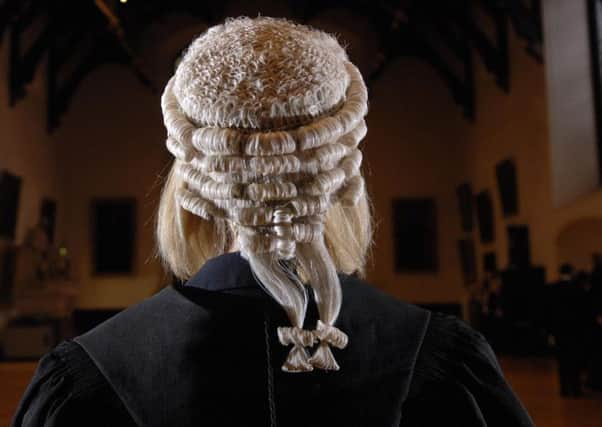Chris Marshall: Defamation change may help media speak truth to power


Reynolds, who died in 2014, spent much of his retirement in a long-running libel battle with the newspaper which had alleged he misled the Dáil over a case involving a paedophile priest.
A ruling by the House of Lords, made in the newspaper’s favour, found a publisher which makes defamatory allegations on a matter of public interest may have a defence, provided that a number of steps are followed to demonstrate responsible journalism.
Advertisement
Hide AdAdvertisement
Hide AdThe decision, which came to be known as the “Reynolds defence”, looks set to form the basis of a new statutory defence of publication in the public interest in Scotland.
The recommendation was among those published last year in a report by the Scottish Law Commission, which seeks to make sure defamation law keeps pace with challenges posed by the internet and the growth of social media. The recommendations have been described by Lord Pentland, the judge leading the work, as the “most substantial reform of defamation in Scottish legal history”.
They include a proposal that where a statement has caused no serious harm to reputation, there should be no right to sue.
The report also recommends that the current three-year limit on bringing defamation cases should be reduced to a year, although there would still be judicial discretion allowed to set the time-bar aside.
And a new “single publication” rule will mean that the time limit for bringing a claim will not start afresh each time the statement is seen by a new search on the internet.
There will also be a formal adoption of the so-called Derbyshire principle which prevents public bodies suing for defamation.
But it is the new statutory defence of publication in the public interest which is perhaps the most important for journalists and those who seek to speak truth to power.
Many of the current rules around defamation are based on antiquated case law dating from a time long before the current media environment.
Advertisement
Hide AdAdvertisement
Hide AdAppearing before the Scottish Parliament’s justice committee last week, Lord Pentland said the proposed changes would make it less likely that powerful interests would seek to use defamation law as a “weapon”.
Publishing his report last year, he said: “Defamation law potentially affects everyone and getting it right is crucial for the type of society we want to live in.
“It is important that fearless journalism can thrive so that the rich and powerful are held to account; at the same time the law must allow those whose reputations are unfairly tarnished to restore their reputations swiftly and at reasonable cost, if necessary through the courts.”
That is particularly important for investigative journalism in an era of increasingly secretive government and a wariness on the part of public bodies to engage with the media.
The SLC’s report makes a total of 49 recommendations and contains a draft Bill which would put those recommendations into effect.
While unlikely to be a legislative priority for the Scottish Government, the Bill, if passed, will be a welcome addition to the statute book for journalists at a time when proper investigative reporting is under threat.